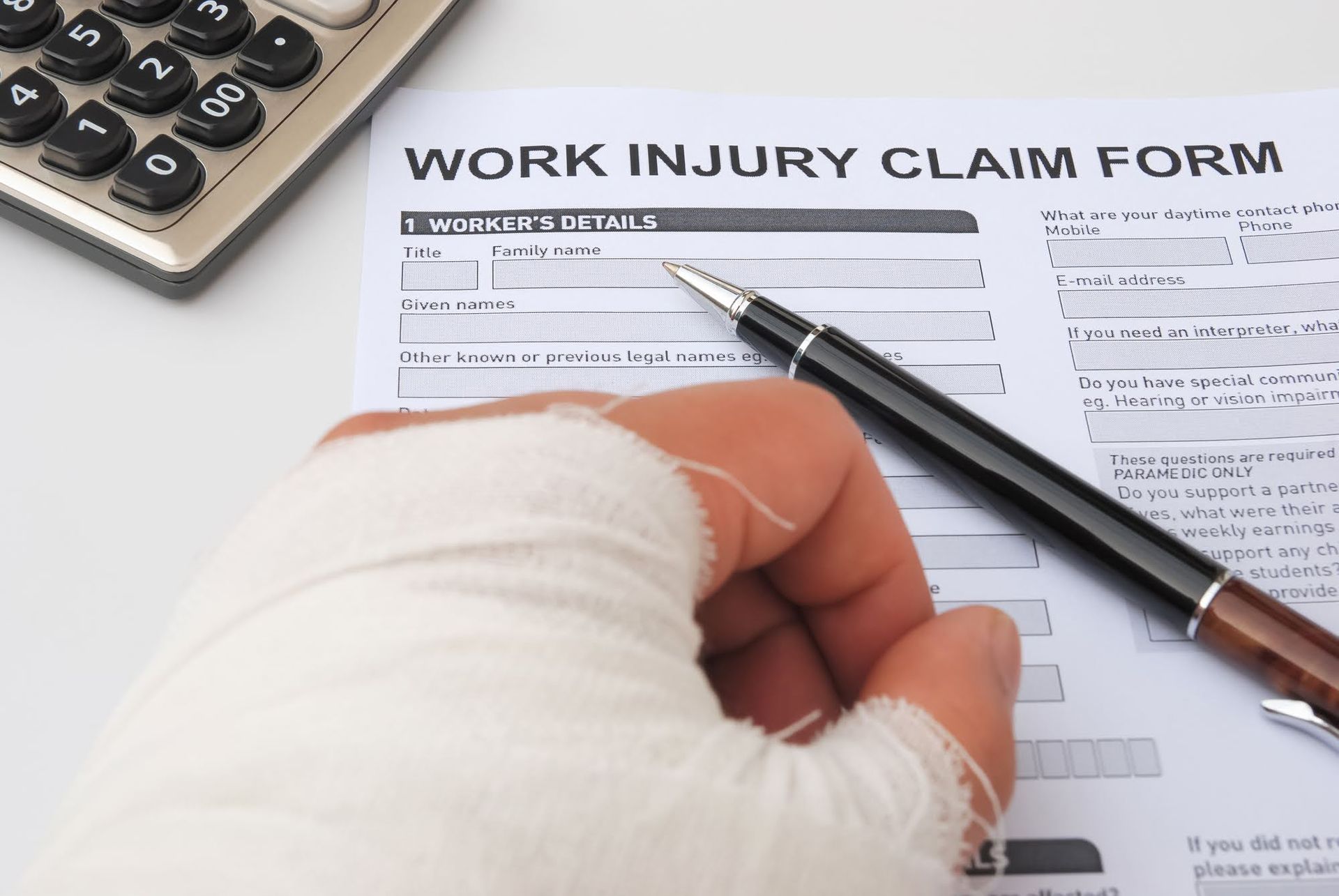Address: 1201 East Street Parkville, Missouri 64152
Toll Free:
Call Us Now:
COMMON ACCIDENTS AND INJURIES IN UTILITY WORK
Utility employees can face different accident risks because of the nature of their work. Every utility employee should understand the risks in their job to take relevant measures to avoid injuries. Discover some potential accidents and injuries that utility workers face every day.
Falls
Falling accidents come in various ways. They include:
- Slip-and-fall accidents
- Trip-and-fall accidents
- Falls from heights
Slip-and-trip accidents are common since utility workers work in all kinds of environments. Icy surfaces, uneven terrain, and grounds littered with different objects can easily lead to fall accidents. Some utility workers, such as electricians, also work at heights on ladders or rooftops. Working at a height almost always involves the risk of falling.
Electrocution
Utility workers face a high risk of electrocution for two main reasons. First, some utility workers work directly with electricity and electrical items. Secondly, even utility workers who do not work directly with electricity work around electrical installations. For example, a utility plumber might get around malfunctioning electrical wires and potentially suffer electrocution.
Auto Accidents
Utility workers tend to go where the jobs are. They move from site to site to install, service, and repair equipment. Being on the road constantly increases the risk of auto accidents.
Fires and Explosions
Equipment or systems that involve fuel, electricity, or combustible materials increase the risk of fires and explosions. For example, workers on gas lines or installations can suffer burns due to gas accidents. Electrical malfunctions can also lead to dangerous electrical fires.
Poor Ergonomics
Working in awkward postures increases the risk of musculoskeletal injuries. For example, a utility worker servicing equipment in a confined space might have to twist their body for extended periods. Several days of such work can lead to musculoskeletal injuries.
Environmental Stress
Although utility workers operate in different environments, many of the environments are outdoors. Outdoor work exposes them to different weather elements, which comes with potential stress.
For example, working outdoors during the winter increases the risk of cold stress and related injuries, such as frostbite and hypothermia. The risk of heatstroke and dehydration increases during the hot seasons. The risk of environmental stress is often even higher for utility workers who engage in emergency work since they have to work at odd hours.
Collapses
Some utility workers also face a high risk of injuries from collapsing structures or ground. The risk is especially high for those who work:
- In trenches
- In tunnels
- In derelict structures
- In underground structures
Say you are laying cables in a trench, and the ground is not as stable as you think. A trench collapse can hurt your limbs and leave you unable to work for some time.
Exposure to Toxic Substances
Exposure to toxic substances increases can lead to occupational illnesses and injuries such as respiratory illnesses, cancers, skin burns, and eye injuries. Utility workers who work in old buildings, with gases, and with harmful chemicals (such as refrigerants) have a high risk of such injuries.
Overexertion
Some utility workers also work long hours and suffer overexertion injuries. Say a disaster, such as a storm, has caused a power or gas outage in a certain neighborhood. The relevant utility workers might have to work long and hard until they restore the services. The result might be overexertion injuries, such as muscle strain and joint sprains.
Despite your best efforts, you might not be able to avoid workplace injuries forever. Spooner & Perkins Attorneys at Law can help you pursue workers' compensation if you suffer a work-related injury. Contact us for a free initial consultation to review your injury and help you with your claim. We look forward to helping you.

CONTACT INFORMATION
Email:
Phone:
Toll Free:











